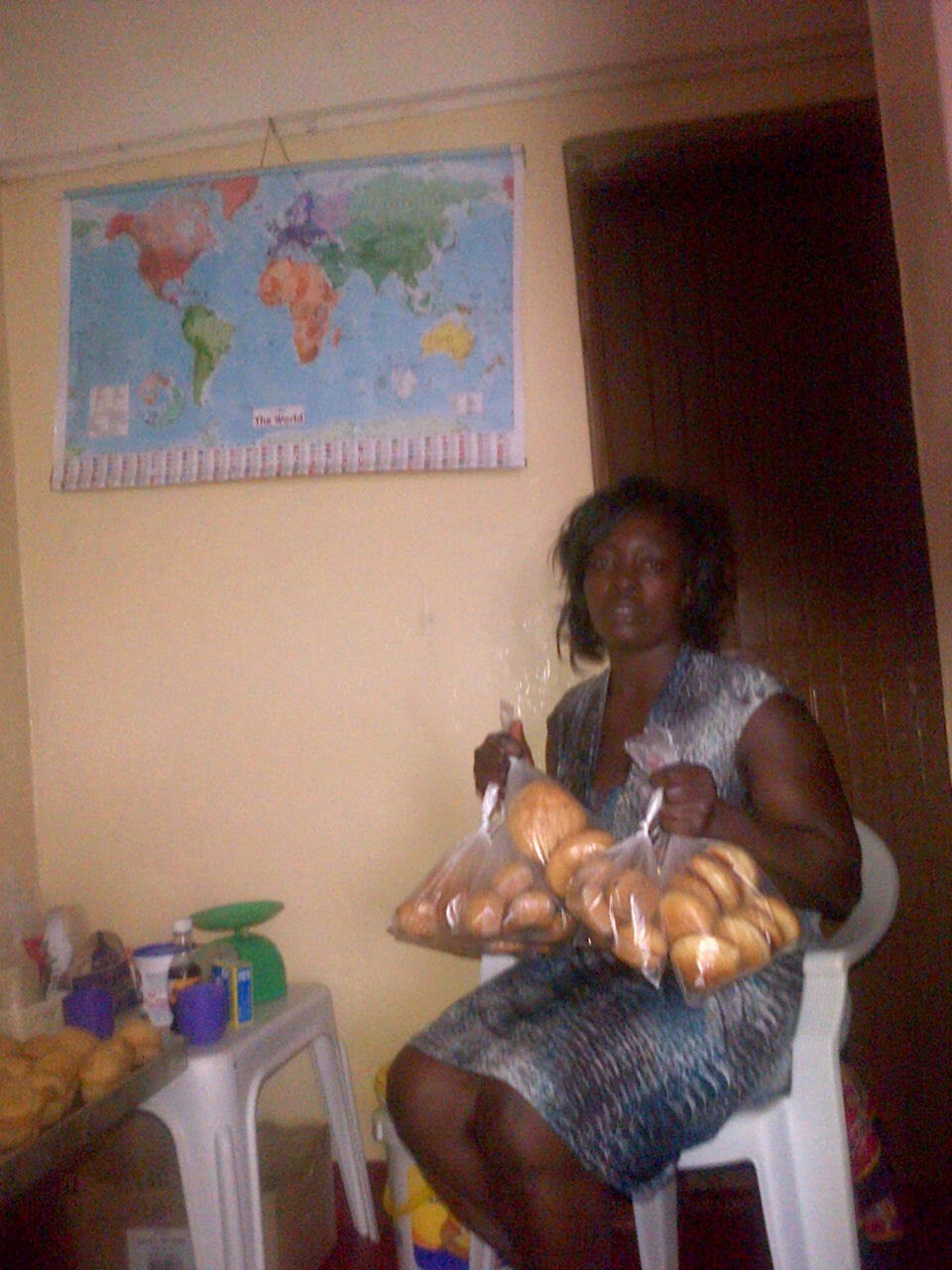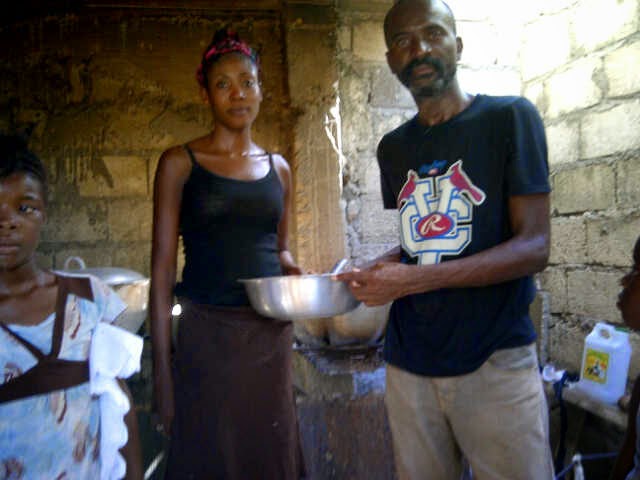Pay it Forward (PiF) is an international
micro business development program that provides grants to persons of extreme
poverty. Recipients pay forward naturally to other members of their
community.
There are different types of PiF as
follows.
Enterprising Non-Profit
Businesses
These are grants that are designed for a
person who has demonstrated that they are able to start and operate a non-profit
business. This person will adhere to proper business practices like registration
of the business, having proper accounting in place, and having a dedicated bank
account and proper filing. The main aim is to be self sustainable and then pay
forward to people living in extreme poverty in their communities. These funds
range from $2000 to $5000 depending on the person’s ability to demonstrate
proper business practices.
 Below are pictures showing one of the
successful ENPs in Arusha Tanzani. Jackson Naiman received funds to purchase
tour and travel car. His business offers East African tours to visitors from all
over the world. He has been paying forward over the years to Willson Ngaiza from
Bukoba, who, in turn, distributes the funds to people living in extreme poverty
to start up small micro-businesses for self sustainability.
Below are pictures showing one of the
successful ENPs in Arusha Tanzani. Jackson Naiman received funds to purchase
tour and travel car. His business offers East African tours to visitors from all
over the world. He has been paying forward over the years to Willson Ngaiza from
Bukoba, who, in turn, distributes the funds to people living in extreme poverty
to start up small micro-businesses for self sustainability.
The above picture shows Bertha, one of the CNI staff members, standing next to the car during one of her visits.
The picture to the left shows Jackson Naiman on the right, his wife and Bertha on the left.
Collectives
 These are grants that are designed to
help a group of people or a community in an area of extreme poverty. This is
normally done in the form of a community project, whereby every member of the
community benefits from the project. This has been well demonstrated in DR
Congo. For instance, in Kahungu DRC, their collectives are grinding mills. The
whole Kahungu village has benefited. No one has to walk long distances anymore
to grind their grains, like maize, for food preparation.
These are grants that are designed to
help a group of people or a community in an area of extreme poverty. This is
normally done in the form of a community project, whereby every member of the
community benefits from the project. This has been well demonstrated in DR
Congo. For instance, in Kahungu DRC, their collectives are grinding mills. The
whole Kahungu village has benefited. No one has to walk long distances anymore
to grind their grains, like maize, for food preparation.
The picture above shows one of the grinding mills in DRC Kahungu.
Small Grants
 In this category we have PiF One and PiF
Two. These are grants that are designed to help any person in any area of
extreme poverty as long as they have a desire to work hard and be
self-sufficient. At a minimum, participants must match PiF grants with their
own funds. For example, a $100 PiF grant must be matched by another $100 in cash
or business start-up materials. PiF Two is the same except that the participants
are given between $500 to $2000, depending on their ability to manage and
control a business on that level.
In this category we have PiF One and PiF
Two. These are grants that are designed to help any person in any area of
extreme poverty as long as they have a desire to work hard and be
self-sufficient. At a minimum, participants must match PiF grants with their
own funds. For example, a $100 PiF grant must be matched by another $100 in cash
or business start-up materials. PiF Two is the same except that the participants
are given between $500 to $2000, depending on their ability to manage and
control a business on that level.  A good example is Geoffery, from a remote
village of Ngorotwa in Kasanga. He received funds to expand his pharmacy kiosk
and paid forward to the ladies who later started small businesses. Now he has
build a laboratory as well. These pictures show the location of the
village and the pharmacy kiosk itself.
A good example is Geoffery, from a remote
village of Ngorotwa in Kasanga. He received funds to expand his pharmacy kiosk
and paid forward to the ladies who later started small businesses. Now he has
build a laboratory as well. These pictures show the location of the
village and the pharmacy kiosk itself.















































